We are increasingly living in a working environment in which experts and teams are sometimes spread over long distances. This often makes it difficult to experience even events that are essential for Scrum face-to-face. As a result, distributed teams are becoming more and more common in Scrum. However, it has not yet been investigated what works and what does not work in this context.
We from wibas have therefore set ourselves the task of finding out how we can overcome this challenge or at which events distributed teams are not viable.
You can find more insights on the topic of Daily Scrum in distributed teams here.
We deal with three questions about distributed retrospectives:
- What is important for a good (distributed) retrospective?
- What are tools that could help with distributed retrospectives?
- Which aspects require more targeted consideration?
1. what is important for a good (distributed) retrospective?
The following key findings were identified on the question of what is important for a good retrospective:
- The team must be established to enable a distributed retrospective
- Everyone must have the same setting
- Communication must be possible on all levels: facial expressions, gestures, auditory
- Collaboration in everyday life is essential to create the necessary basis of trust, even in a distributed setting
- Explicit moderation is needed
- Never without a timebox!
- The technology used is known
- Social networking must also be ensured virtually (e.g. "virtual coffee")
- You should always try to find the simplest possible solution
- Build a "democratized" setting!
- The tool should never be in the foreground
- Note that the retrospective should be a synchronized event!
2. what are tools that could help with distributed retrospectives?
2.1 goReflect
First of all, an attempt was made to use the tool goReflect to take a closer look.
Above all, the tool shines with its simple and intuitive operation. However, it does not offer the option of interacting with other team members outside of the comment function on the board. Furthermore, it does not map any phases of a retrospective.
In addition, the participants themselves were able to identify 3 tools which, in their experience, are particularly suitable for distributed retrospectives.
2.2 Retrium
Retrium is particularly suitable for a distributed retrospective from the participants' point of view, as it offers all the support and possibilities of a real retrospective (e.g. timer, clustering, etc.) provided a structured and experienced moderator is involved, while still leaving plenty of room for maneuver.
2.3 Stormboard
Stormboard shines above all with its structured organization, which even makes it possible to map different team phases.
2.4 Easyretro
Through Easyretro the moderator has the opportunity to use a holistic tool that already has integrated visual and auditory support. However, the structure of the tool itself is kept extremely simple.
3. which aspects require more targeted consideration?
The question of which points have not yet been satisfactorily covered by known tools or the distributed retrospective method used:
- There must be a way to specifically integrate people who show less initiative
- The number of votes for an identified aspect should be limited
- How could you run distributed retro games?
- How can interaction with people be adequately depicted?
Conclusion
Distributed retrospectives are probably one of the most difficult tasks for distributed Scrum teams. A way to make them as efficient and profitable as a face-to-face meeting seems to be difficult to impossible with the known methods. Scrum teams should therefore try to hold this event in person in order to generate a higher and more honest output.
However, there may also be opportunities to overcome the identified barriers. We are still at the beginning of a long journey with our knowledge of distributed teams and there is still a long way to go.
If you are interested in joining us on this journey or even have some ideas yourself while reading this article, then we look forward to welcoming you to the next Agile Rhein-Main User Group at 18:30. You can find more information here meetup.

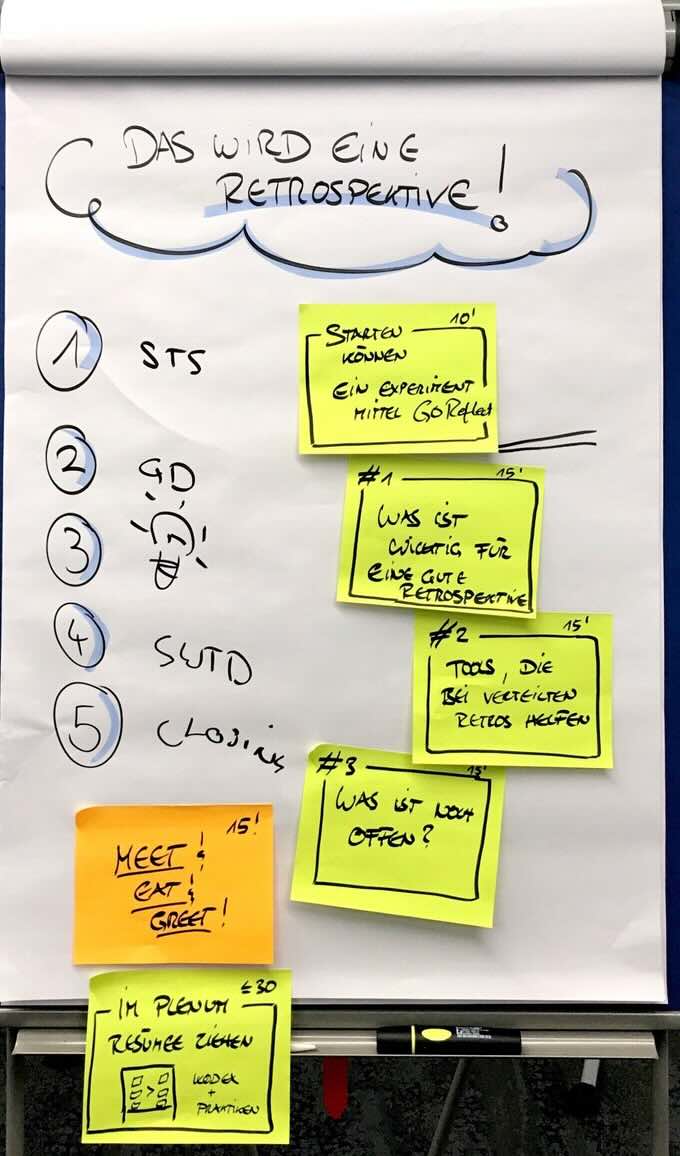
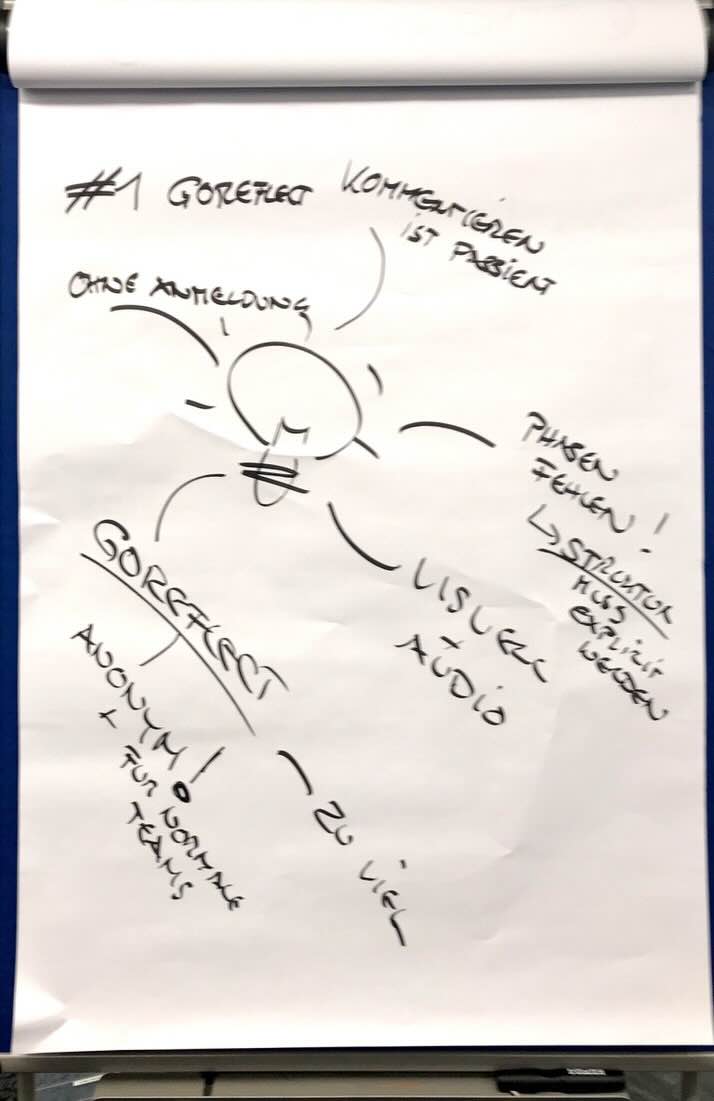
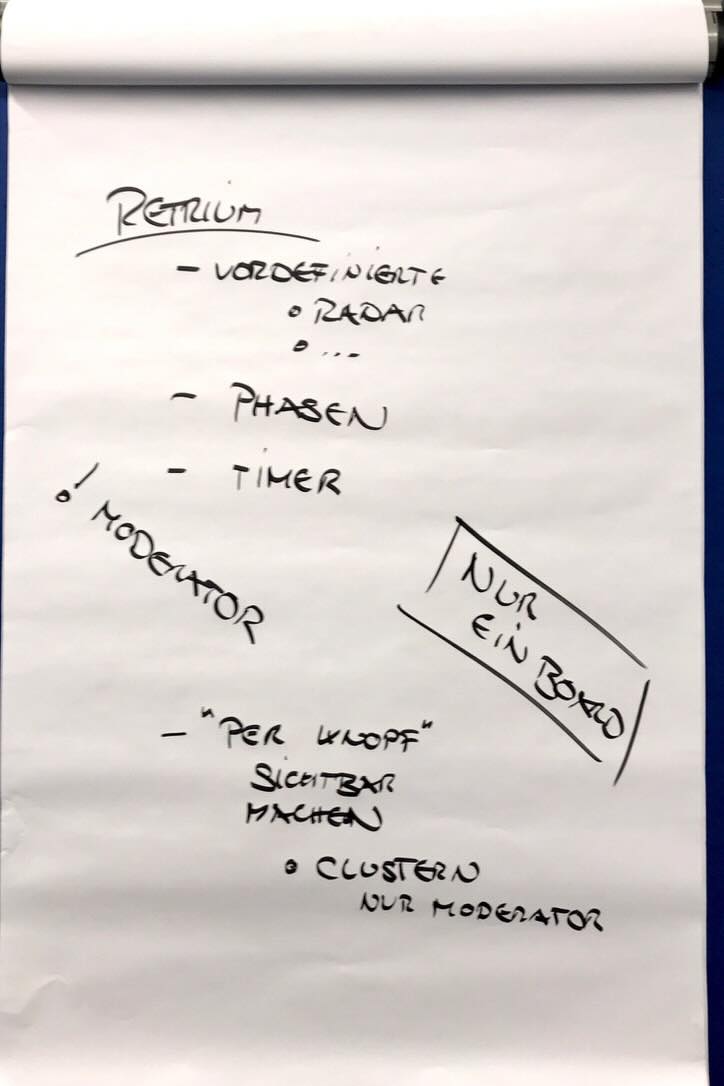
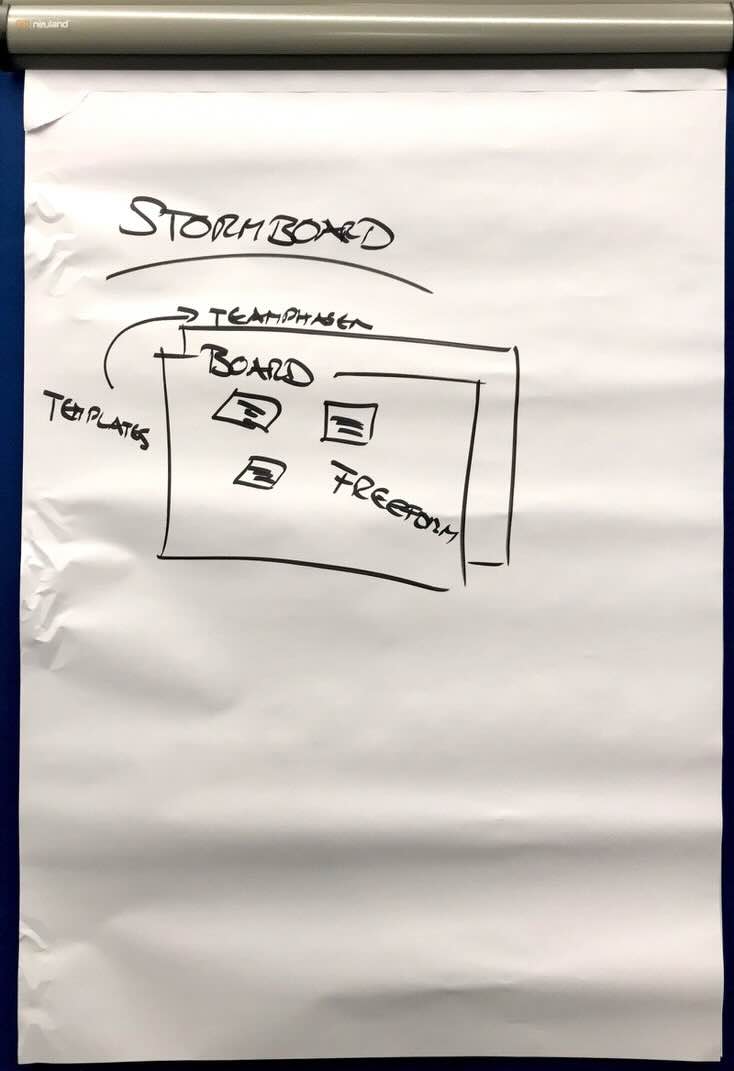
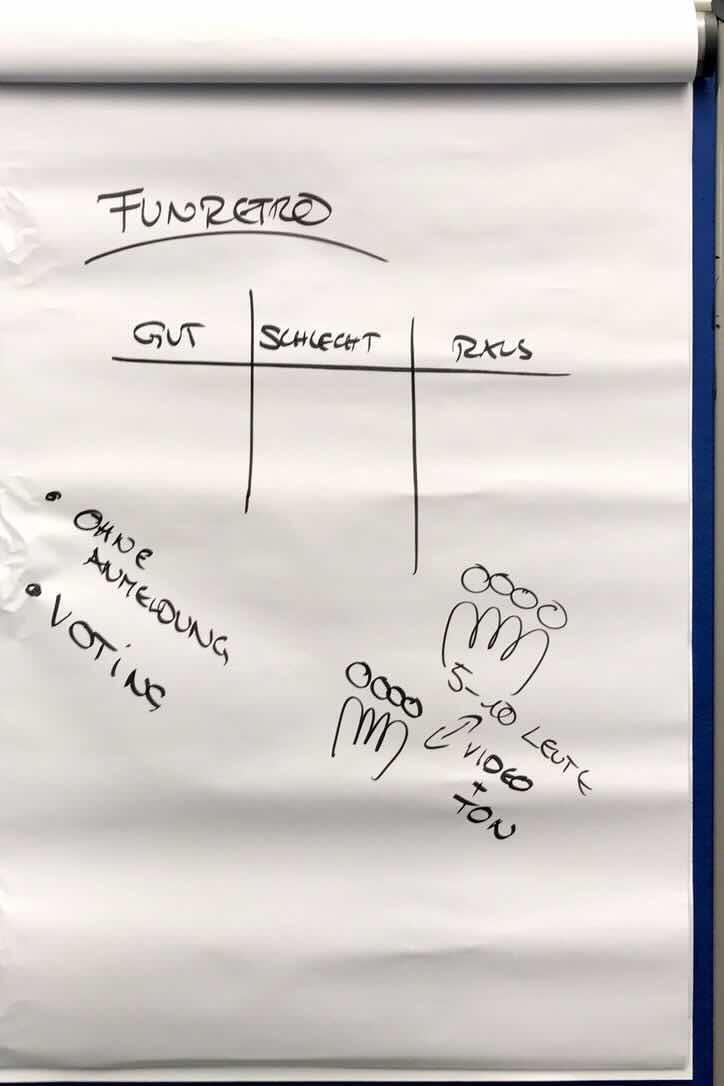
Write a comment